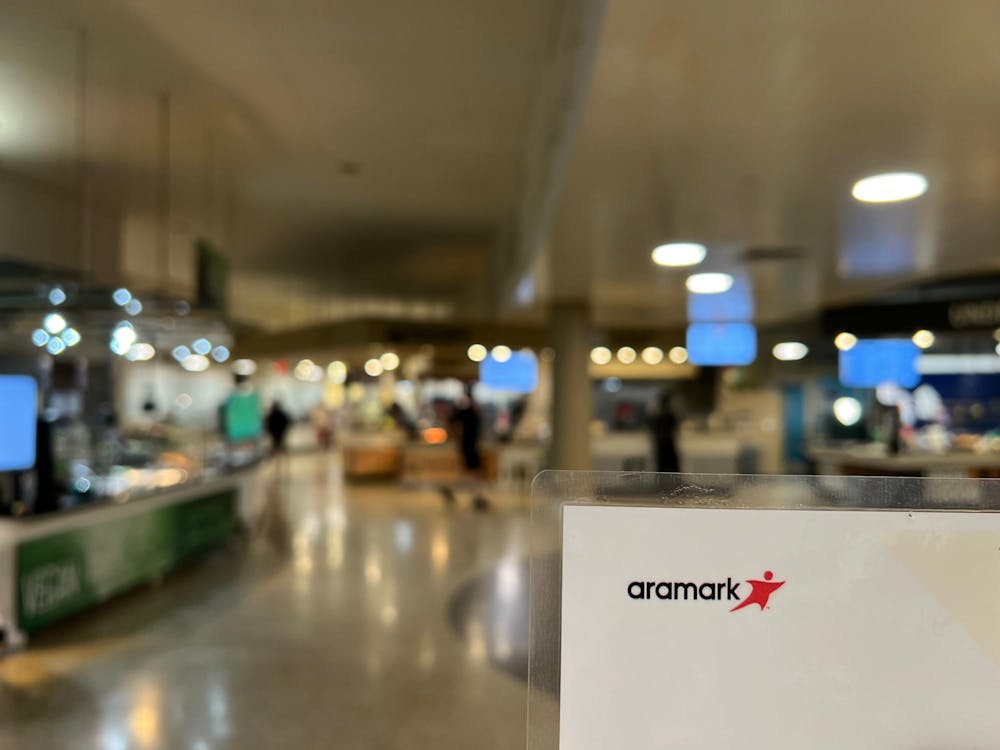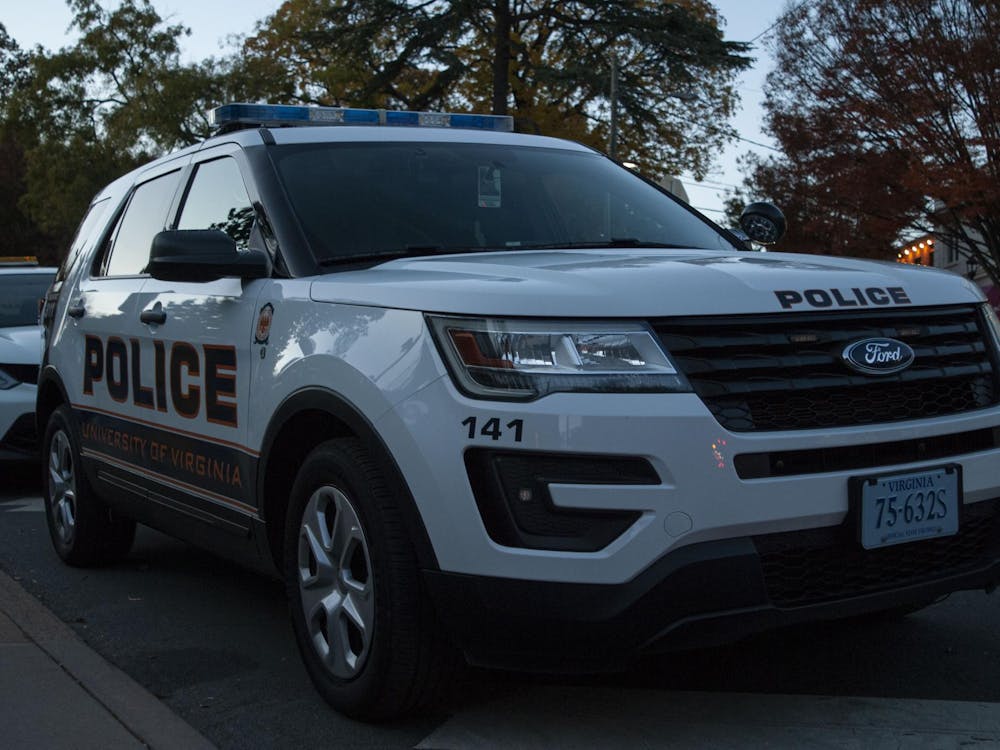A study released Tuesday by the University’s Law School Clinic showed that more than 7,000 students in Virginia were exempted from attending primary or secondary school on religious grounds last year.
Virginia law requires a school board to excuse students who hold a religious belief that conflicts with the principle of classroom education.
Andrew Block, Director of the U.Va. Child Advocacy Clinic and an assistant Law School professor, spearheaded the report and said he decided to research the issue after working on a case through the clinic. Block and others at the clinic represented a 17-year-old woman who was trying to go to school for the first time, as she had previously not been required to attend on the basis of her religious beliefs.
“Since that time I have always been interested in the statute and with the help of students in the clinic, finally had the time to investigate,” he said. “And the more we looked into it the more we wanted to know.”
To conduct the study, Block and a team of four Law students sent surveys to all 132 Virginia school superintendents. Youth-Nex, a research organization within the Education School, assisted with media relations and survey data collection.
“We got such great response and were very pleased — we would have been pleased if 20 [superintendents] responded, and we got 64,” said Maryfrances Porter, the program evaluations leader for Youth-Nex. “This tells us that [this issue] is compelling to superintendents.”
All information was collected on a confidential basis, meaning that those who responded to the survey questions were not identified by name or location, Porter said. “We [didn’t want] the school division to feel like they were being targeted for some kind of intervention,” she said.
Ninety percent of the responding superintendents said that they had never denied a family’s request for religious exemption from school.
With this new data, Block said he hopes legislators will make changes to the law, although he added he had no specific policy recommendations.
“I am hopeful that Virginia’s policymakers and educators will be concerned because, as our report shows, we have a law that school officials can’t follow,” Block said. “[This] subjects thousands of children a year to uncertain educational outcomes including the possibility that they receive no education at all.”
Sarah Oh, a research scientist in the Education School, said the decision to exempt a student from public education should be a collaborative effort between school officials, parents and the students themselves. “The school’s place is to respect and work with [the families] — not to control them,” she said. “[Exemption] should be a last resort but it should be permissible.”
The law technically requires school officials to have a system in place for monitoring academic progress of students not enrolled in the public school system; however, the study suggests that this kind of checkup rarely occurs.
“Because so many children are exempted each year, I imagine that there is also some number of children that may receive nothing,” Block said. “And there is nothing that anyone can do about that under the current system.”






